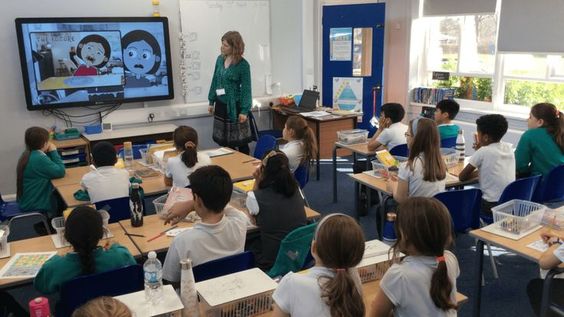In recent years, the importance of Personal, Social, Health, and Economic (PSHE) education has been recognized across the globe for its role in fostering holistic development among children and young adults. As a subject that focuses on the mental, emotional, and physical well-being of students while equipping them with essential life skills, PSHE has made significant strides in being incorporated into educational curricula.
A Shift in Educational Priorities
Traditionally, schooling systems had focused primarily on academic achievements and intellectual development. However, there has been a growing interest in prioritizing students’ mental health and personal development. The incorporation of PSHE into mainstream education indicates a more comprehensive understanding of learning that goes beyond the boundaries of conventional subjects.
Expansive Subject Matter
One major progress in PSHE is the broadening scope of topics covered within its curriculum. Initially limited to areas like relationships and sex education or drug awareness, today’s PSHE lessons address a wide range of issues. These include mental health, well-being practices, financial literacy, online safety, career guidance, environmental stewardship, and human rights among others.
An Emphasis on Mental Health
The World Health Organization (WHO) has highlighted that mental health is an integral part of public health policy and deserves due attention. In response to the growing mental health crisis worldwide, PSHE curricula now incorporate dedicated lessons to help students identify symptoms of common mental health issues and guide them towards appropriate support channels.
Inclusivity at its Core
With societies becoming increasingly diverse, PSHE education emphasizes inclusivity and respect for all individuals regardless of their backgrounds. This progress in PSHE helps create safe spaces for students belonging to different races or ethnicities, gender identities or sexual orientations.
Collaboration between Stakeholders
Another notable development in PSHE is the active collaboration between educators, parents, local communities, and external organizations. Partnerships between schools and external agencies bring in additional resources and expertise, enhancing the overall learning experience for the children.
Technology Integration
The use of technology like e-learning platforms, apps, and digital resources is becoming widespread in the PSHE domain. Technology integration allows for more engaging, interactive, and personalized learning experiences. It has also improved access to PSHE resources for students in remote areas or those with limited educational facilities.
Continuous Evolution
Lastly, PSHE education continually evolves to adapt to fast-changing societies. Emerging social concerns such as cyberbullying, body image issues, fake news and social media addictions are now integrated into current PSHE curricula. The ongoing refinement of content enables educators to equip young people with suitable tools for navigating an ever-changing world.
In conclusion, the progress of PSHE education reflects a promising shift in educational priorities to foster well-rounded individuals who can thrive both academically and personally. Through its comprehensive approach and continuous evolution, PSHE has established itself as a crucial component of modern education systems.





